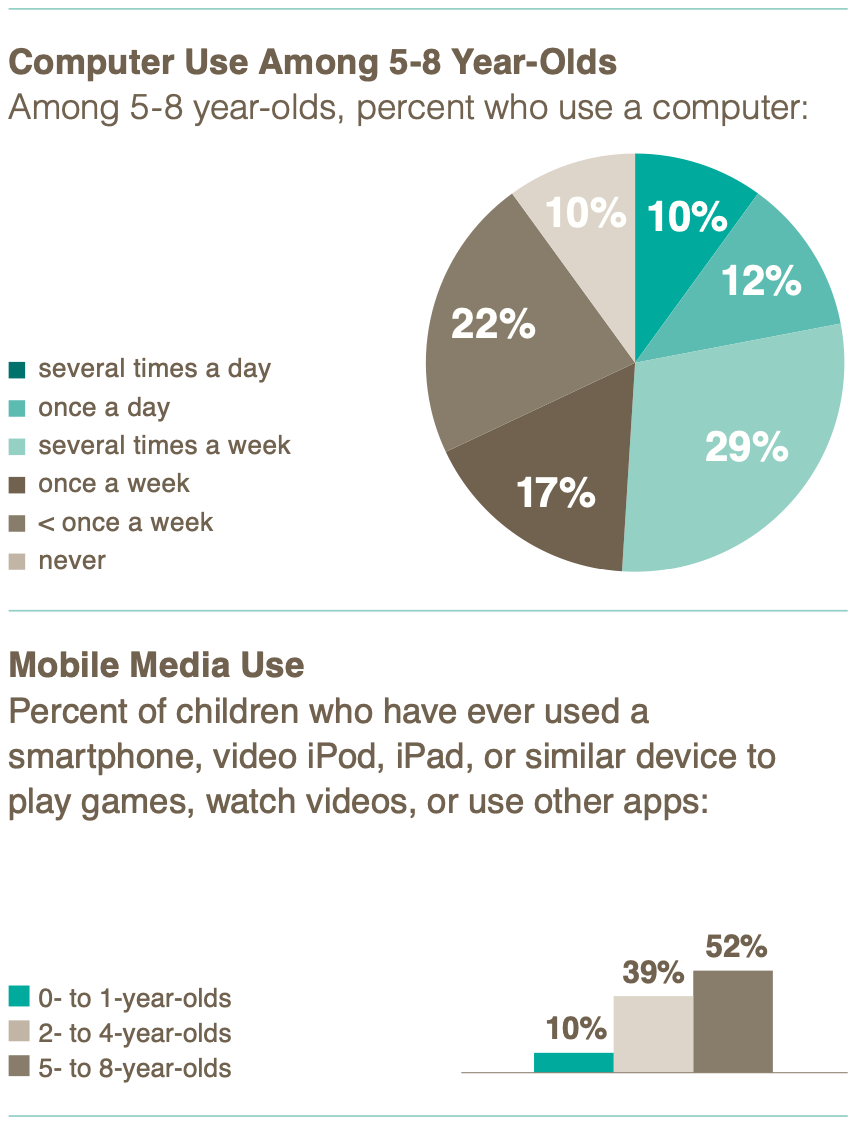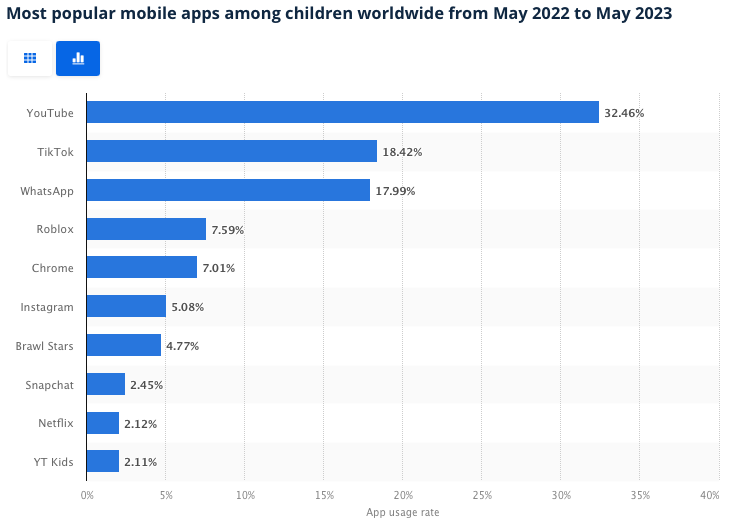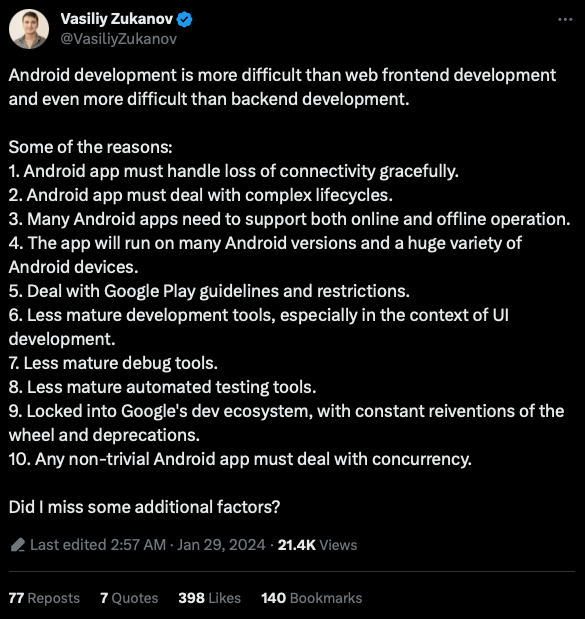
Super Mario and Luigi aren’t just beloved video game characters.
For many, Millennials especially, they were the gateway into a vast virtual world of fun and exploration. But the Mario Bros. weren’t alone. With franchises that would remain popular for decades to come — like The Legend of Zelda and Super Smash Bros. — Nintendo established itself as synonymous with childhood for generations of children the world over.







